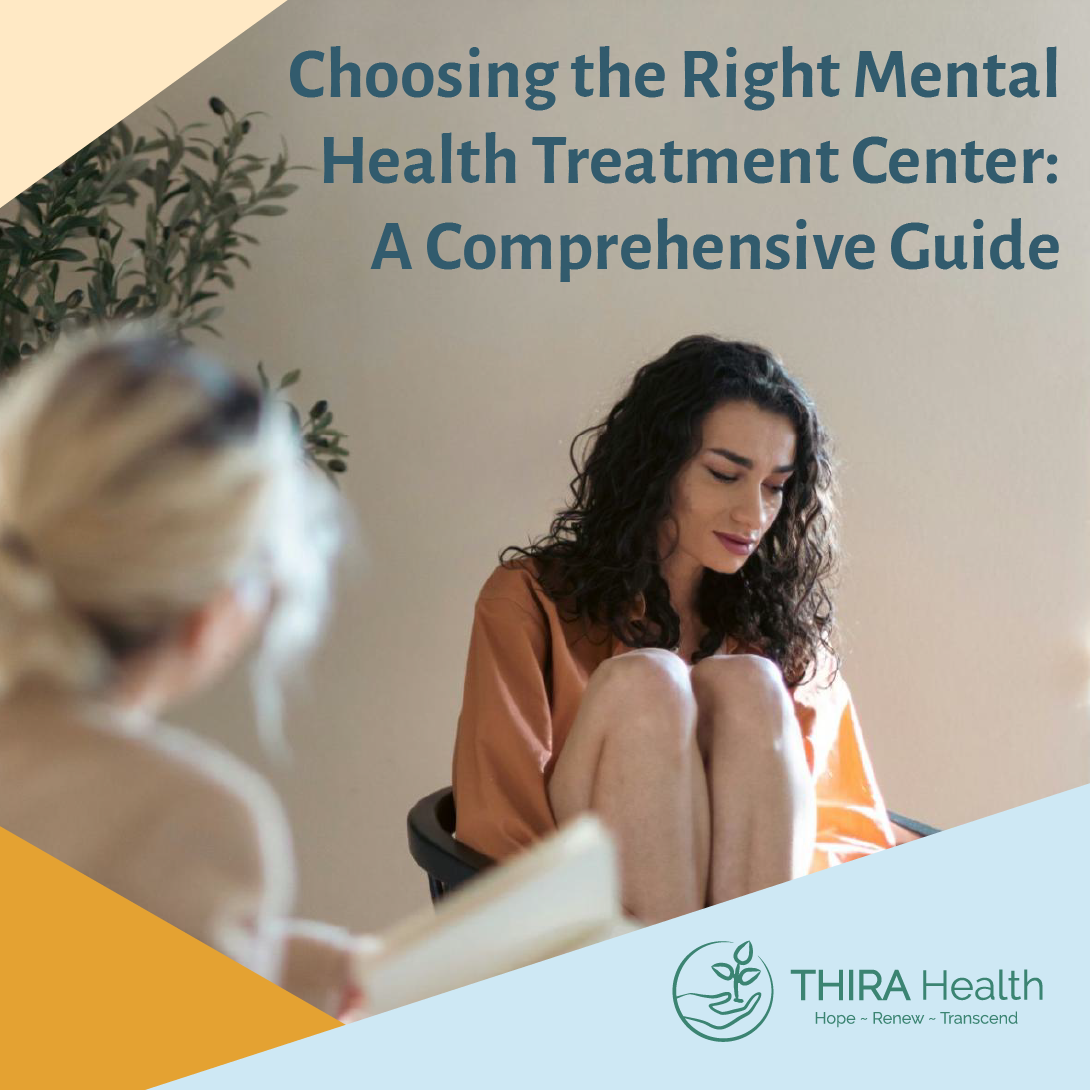When you’ve decided to enter residential mental health care, you’ll likely want to let your friends and family know where you’ll be and why. That said, it can feel intimidating to try to start a conversation around admitting that you need serious help and entering residential mental health depression treatment in Seattle. You may wonder, will people support you? What should you do if they aren’t understanding? Do you even need to tell them anything?
We encourage you to start the conversation and have collected a few scripts to help you begin these sometimes tricky conversations. You’re doing a brave and powerful thing by entering residential mental health care for adults. You’re prioritizing your well-being and taking steps toward healing, and you can channel that strength to carry you through having these important conversations.
Why would you want to talk with loved ones about entering residential mental health care?
It can seem easier to keep your mental healthcare journey a private one; the thought of dealing with other people’s reactions can sometimes be exhausting, and you may feel guilt or shame about your experiences. However, keeping secrets from loved ones can work against you. When working on your mental health, support from the people around you is an integral part of your well-being, and letting them know what’s happening is the first step toward being fully supported.
Your loved ones want to help
Those closest to you have likely noticed changes in your behavior and mood; they may not realize how hard a time you’ve had, but they have likely noticed there’s something wrong, and they probably want to help. Many people don’t know much about mental health, however, so they may not be sure how to approach you for fear of making things worse or offending you. You may be surprised at how many people you speak to are relieved and happy to hear you’re taking steps to help yourself.
What do you want to share with loved ones about residential mental health care?
It’s important to ask yourself exactly what you’d like to share with your loved ones about your mental health treatment journey. Here are some questions to ask yourself to help you plan ahead of time what you’d like to share:
- Do I want to share the symptoms I’ve been experiencing?
- Who do I want to tell?
- Do I want to share the details and location of the program with everyone or only certain people?
- Do I want to talk about what residential treatment will be like?
- Do I want this person to contact me while I’m in treatment?
- What do I want people to know about my treatment plans after residential treatment?
- Do I want to share the skills I learn in dialectical behavior therapy so my loved ones can help me?
Scripts for starting the conversation about entering residential mental health care
Here are several scripts to help you start conversations. You’re welcome to adapt them to your own situation, add to them, or use them as inspiration to prepare your mind. You’re doing amazing work by prioritizing yourself, and you can do the amazing work of sharing your experiences with your loved ones too.
To start the conversation around entering depression treatment in Seattle:
- “I have some news to share. You may have noticed that I’ve been pretty off lately. I want to change that, so I’ve found a mental health treatment program that can help me.”
- “You know how I have been concerned about my mental health? I’ve decided to enter a residential mental health treatment program.”
- “Hey, can we talk? I’ve been experiencing some {anxious/depressive} symptoms, and I’ve found a residential mental health care program that I think can help.”
- “I wanted to talk to you about something serious. Do you have time?”
Ways to ask for support around your time in residential treatment:
- “I’m feeling nervous; will you visit/text/call?”
- “Can I talk through what I’m worried about?”
- “I’m feeling embarrassed/stressed/worried; listening would be a big help.”
Ways to tell loved ones you don’t want to answer their questions:
- “I’m not ready to talk about that.”
- “I’d like to discuss something else.”
- “I need time before I discuss that.”
- “Let me think about that.”
What do I do if someone isn’t supportive?
If someone isn’t supportive of your treatment plan, they may pull away from you, wave away the need to seek help, or argue with you about your choices or experiences. If this happens you may want to:
- End the conversation and set a boundary that this is no longer a topic of discussion between you.
- Encourage your loved one to read or listen to resources about mental health, dialectical behavior therapy, and residential treatment.
- Lean on others in your life who are supportive, and process the feelings you have around a loved one who can’t or won’t show support as you work through therapy.
When you let your loved ones know about your mental health journey, you help them and help yourself at the same time. It’s essential to have people around you that you can trust and share your struggles with, be they family, friends, or doctors and therapists. At THRIA Health, we know that loved ones are an integral part of the therapy process, and having the courage to start the conversation around entering a residential treatment program is a small step forward to a life worth living.






